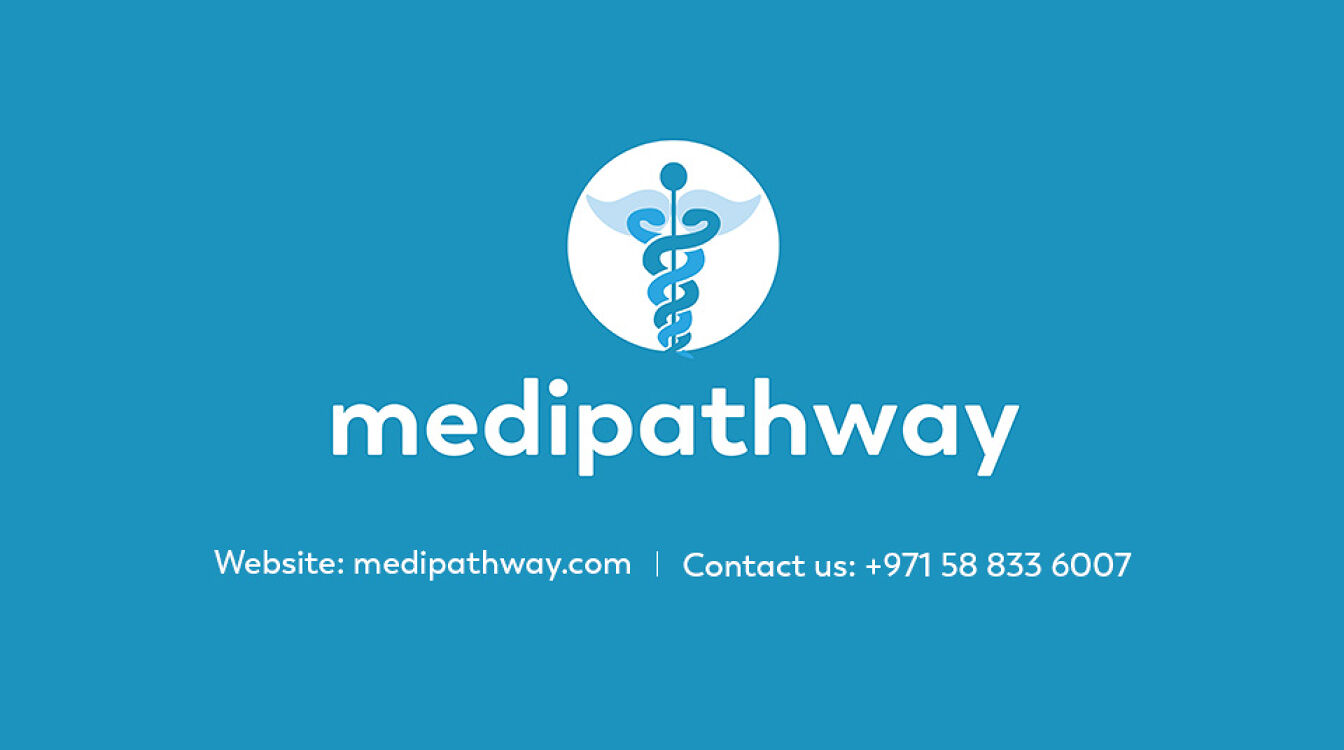Medipathway: A STEP-BY-STEP GUIDE ON How to Apply to Studying Medicine in the Caribbean
Accreditation
The accreditation process is similar to that of the United States, with an emphasis on evaluating the academic and scientific qualifications of applicants. Caribbean medical schools also place a premium on extracurricular activities and other personal characteristics, such as adaptability, critical judgment, intellectual and social maturity, and life experiences.
While it’s true that students from US-accredited medical schools have a better chance of matching into residencies in the United States, that doesn’t mean that IMGs can’t find suitable placements abroad. In fact, in the 2022 NRMP main residency match, around 69 percent of IMGs who matched into a spot ended up with primary care positions.
Elizabeth McKinnon, a pathology grad from SGU, says her family and friends were initially skeptical about her choice to study in the Caribbean, but she quickly found that her experience in Grenada was much different than the stereotypes. McKinnon went on to become a forensic pathology fellow at the Montgomery County Coroner’s office.
Admission Requirements
Getting into medical school is not easy, especially with a low GPA. The number of students that make it into US allopathic schools each year is small and incredibly competitive. Many students are turning to Caribbean medical schools for a second chance at a career in medicine.
Students attending medical schools in the Caribbean are exposed to the same curriculum that their counterparts in the US do at affordable fees. Furthermore, they gain valuable clinical experience during their 3rd and 4th years.
When choosing a Caribbean school, prospective students should take the time to learn about the school’s overall reputation. It is important to look at the attrition rate (how many students drop out), and the average passing rates on USMLE steps.
A reputable Caribbean medical school will openly share this information with their prospective students. If a school is not transparent about this, it’s likely they are hiding something. Students should also consider how they’ll finance their education and when their loan payments will start (during or after residency). Having trusted mentors to speak with can be helpful in making this decision, but it is ultimately the student’s choice.
Financial Aid
Students studying medicine in the Caribbean typically have a much lower tuition cost compared to US medical schools. Additionally, they can apply for a number of scholarships and grants that may be merit or need-based. Students also have the option to take out federal student loans, which come with borrower-friendly repayment options and loan forgiveness programs.
It’s important to note that students who choose to study medicine in the Caribbean will be expected to work hard and excel. While the school is accredited and follows the US curriculum, there’s a lukewarm stigma towards international medical graduates and students will need to perform significantly better than their domestic peers to overcome this barrier.
Additionally, students who study abroad will need to adjust to a different culture and lifestyle. It’s not easy to wake up every morning and study for 15 hours a day away from friends and family, but it’s a necessary part of the process.
International Students
Students from around the world are flocking to Caribbean medical schools for a variety of reasons. Easier admissions standards and lower tuition fees draw many prospective med students to these institutions, which are typically less competitive than US-based medical schools.
Though admittance requirements may be less restrictive, classes at these schools remain challenging. Their curriculum prepares students to take the United States Medical Licensing Examination (USMLE) step exams and ultimately seek out residencies.
It’s important to look at USMLE pass rates and average MCAT scores when researching these schools. A school that doesn’t make these numbers available should be a red flag.
It’s also vital to consider the extracurricular activities that these schools offer. These opportunities can be a great way to network with other future doctors and build relationships that will help you in your career. It is recommended to speak with graduates of these schools and see if their experiences can help you in your decision-making process.




Comments
Post a Comment